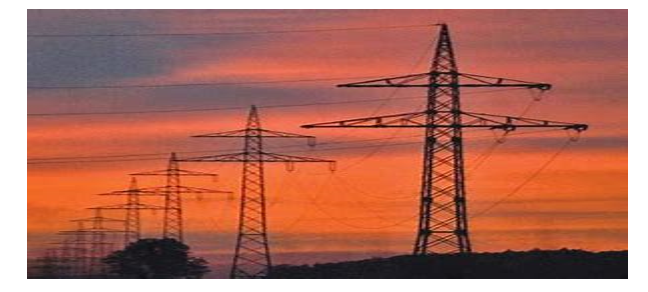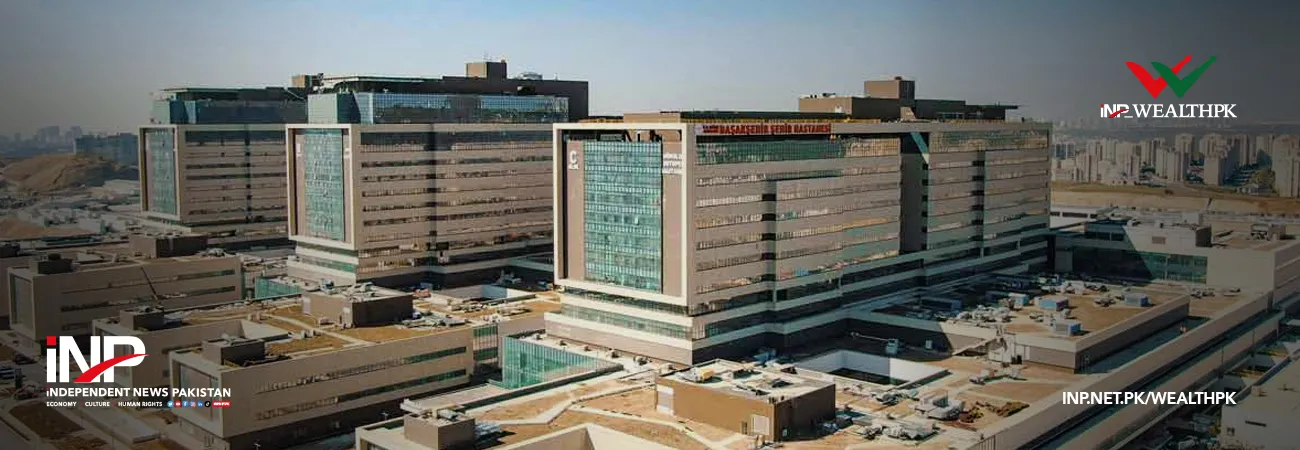INP-WealthPk
Amir Saeed

Pakistan’s power sector is in a crisis with distribution companies’ (Discos) inefficiencies threatening to exacerbate the country's already suffering energy infrastructure. The country's electricity sector has faced numerous challenges, including insufficient generation capacity, transmission losses, and inefficient distribution networks leading to increased circular debt. The energy shortfall has resulted in power outages lasting up to 12 hours in some areas, causing significant hardship to households and enterprises. The situation is particularly dire during peak summer months when electricity demand increases. Talking to WealthPK, Dr Naveed Arshad, a member of LUMS Energy Institute (LEI), said that Discos, which are responsible for distributing power to consumers, have failed to improve their performance, resulting in a huge increase in line losses and a decrease in revenue collection.
He explained that the energy losses due to Discos' inefficiencies are estimated to be around 20-25%, which is a significant amount considering the country's energy shortfall. “These losses not only exacerbate the energy crisis but also result in significant financial losses.” He lamented that Discos face challenges due to inadequate infrastructure investment, ineffective management, and outdated billing systems, leading to significant electricity losses. “Unless they invest in modernising their infrastructure, management methods, and technologies, we should expect to see greater inefficiencies and energy losses.” Naveed pointed out that the power sector was facing unprecedented challenges, including inefficiencies, political interference, outdated infrastructure, and soaring fuel costs. “The root cause of this crisis lies in the inconsistent policy framework and governance issues.
“Independent power producers (IPPs) have exacerbated the problem, making it difficult for consumers to pay their dues due to increasing capacity charges, which have reached Rs2.5 trillion, leading to higher electricity costs.” “To address this, the Ministry of Power must take steps to reform the power sector as emphasised by the IMF by reducing the circular debt. This requires urgent reforms in power generation companies (Gencos) and Discos, including infrastructure development, curbing distribution losses, and theft, particularly in rural areas,” he suggested. Talking to WealthPK, Asad Mahmood, a member of the World Energy Council, said that the transmission and distribution (T&D) network, managed by the National Transmission and Dispatch Company (NTDC), has suffered from a lack of investment, leading to significant losses and theft. “These issues have persisted, with T&D losses ranging from 20-25%, resulting in substantial financial burdens.”
He lamented that the NTDC's T&D infrastructure is inadequate, unable to handle a load exceeding 25,000MW, despite the country's installed capacity of approximately 42,000MW. “This disparity highlights the need for urgent investment to upgrade and strengthen the T&D infrastructure.” “Furthermore, NTDC needs reform to handle the installed generation capacity, as its outdated infrastructure cannot cope with the current load.” He further explained that the country is forced to pay capacity charges to IPPs that are not generating electricity. “This dilemma highlights the imperative for investment in the NTDC's infrastructure to ensure a reliable and efficient transmission and distribution network.” Asad suggested that to address these challenges, the government should prioritise investment in the NTDC's T&D infrastructure, enabling it to handle the country's installed capacity and reduce losses and theft. “By doing so, Pakistan can ensure a stable and efficient power supply, eliminating the need for unnecessary capacity charges and promoting a more sustainable energy sector.”
Credit: INP-WealthPk













